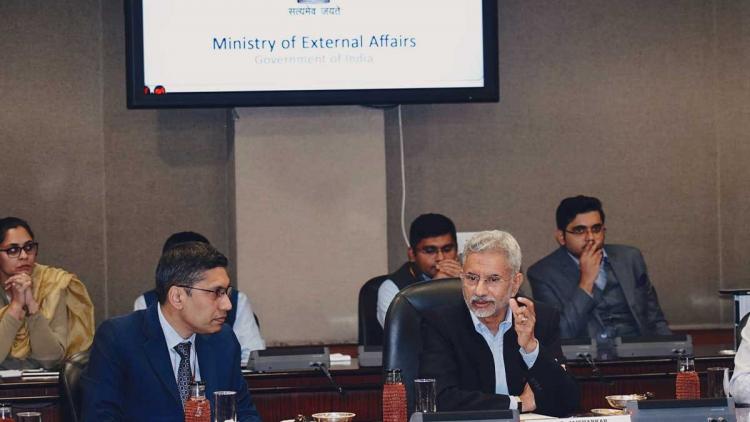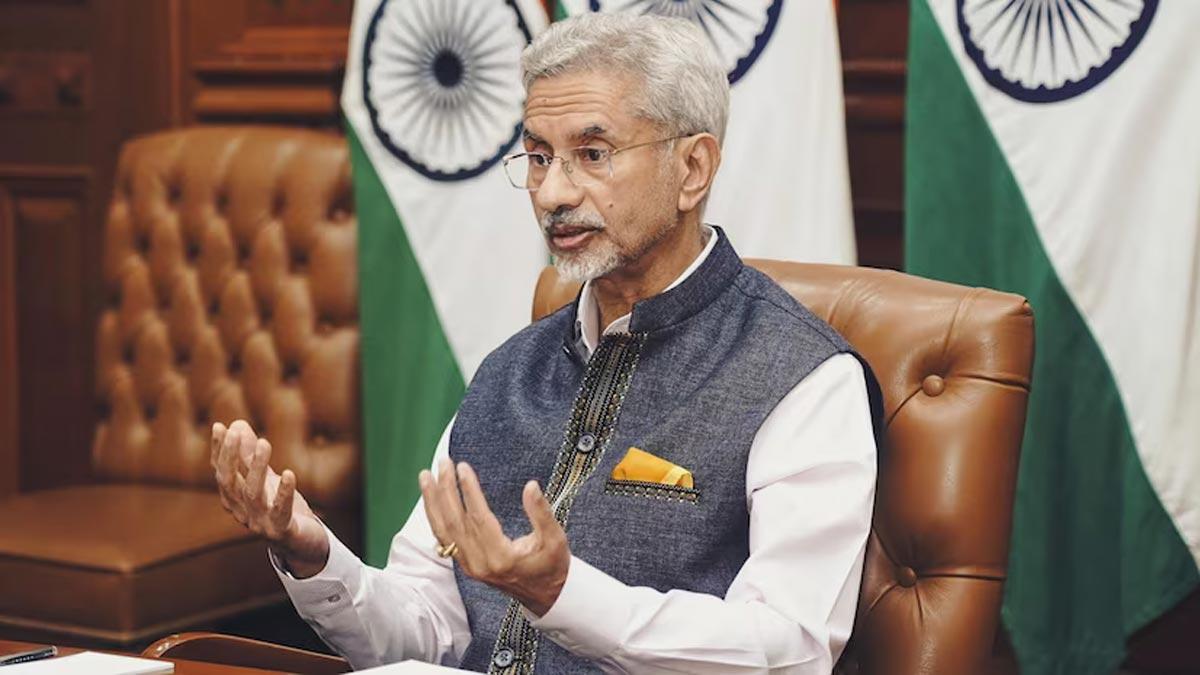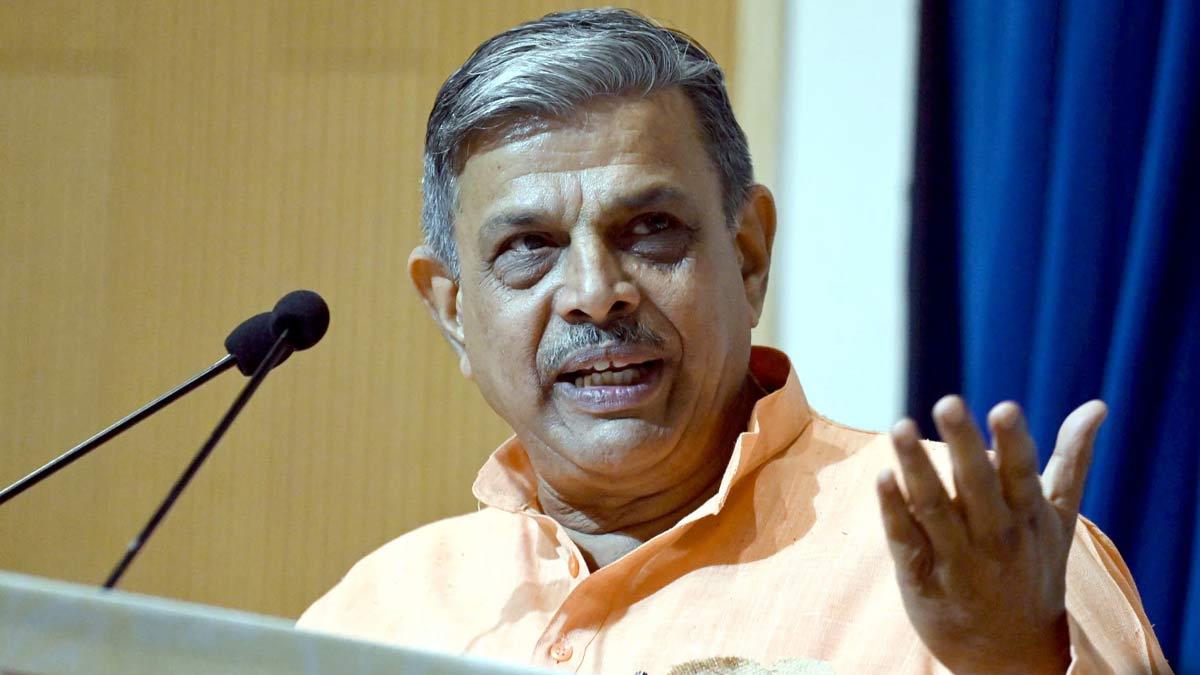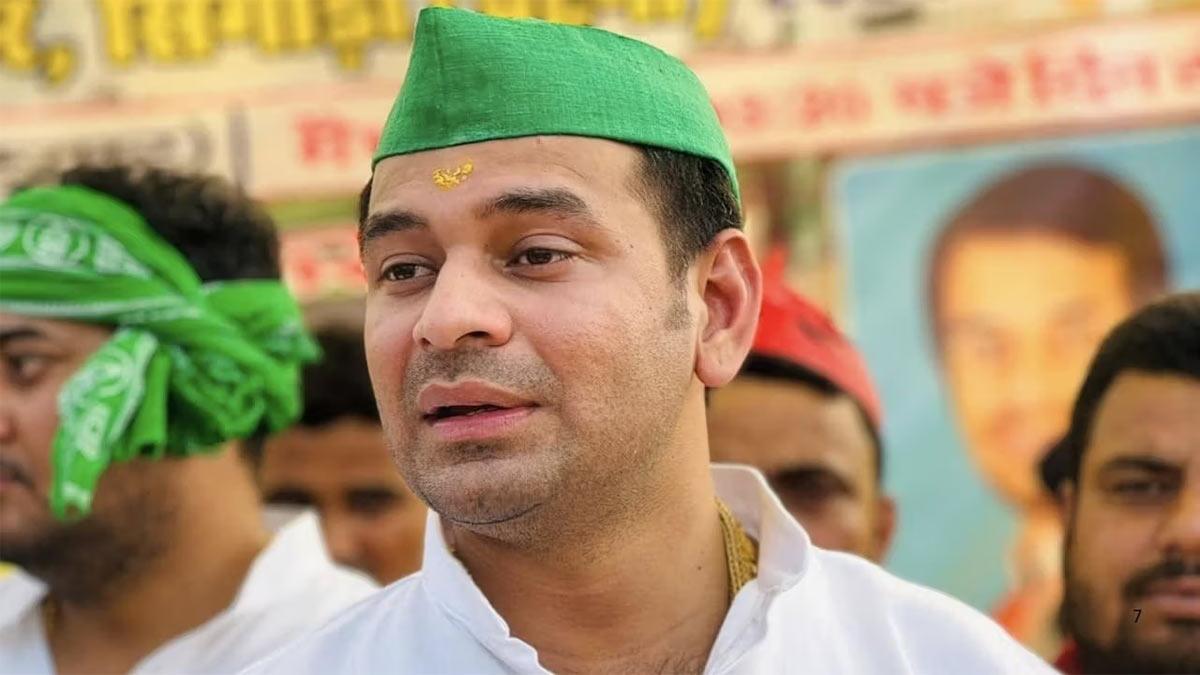The Ministry of External Affairs strongly criticized the Organization of Islamic Cooperation (OIC) for its statement expressing "concern" over the Indian Supreme Court's verdict on Article 370, calling it "ill informed and ill intended." The OIC had deemed the reversal of Article 370 as "illegal and unilateral" and demanded its recall. India rejected the OIC's statement, with External Affairs spokesperson Arindam Bagchi stating that it undermines the OIC's credibility, especially when influenced by a "serial violator of human rights and an unrepentant promoter of cross-border terrorism," alluding to Pakistan. The OIC reaffirmed solidarity with the people of Jammu and Kashmir, calling for international efforts to resolve the issue in line with UN Security Council resolutions. The abrogation of Article 370 in 2019 removed the special status of Jammu and Kashmir.
Key Points:
1. The Ministry of External Affairs criticized the Organization of Islamic Cooperation (OIC) for its condemnation of the Indian Supreme Court's verdict on Article 370 in a strongly-worded statement.
2. The OIC expressed "concern" over the unanimous decision to uphold the Presidential order scrapping Article 370, calling it "illegal and unilateral" and demanding its recall.
3. India rejected the OIC's statement, terming it "ill informed and ill intended" in a statement by External Affairs spokesperson Arindam Bagchi.
4. The spokesperson questioned the OIC's credibility, noting that the statement appeared to be at the behest of a country known for human rights violations and promoting cross-border terrorism, without explicitly naming Pakistan.
5. The OIC's General Secretariat reaffirmed its solidarity with the people of Jammu and Kashmir in their pursuit of the right to self-determination in its statement.
6. The OIC urged the international community to enhance efforts to resolve the Jammu and Kashmir issue in line with relevant United Nations Security Council resolutions.
7. The abrogation of Article 370 in 2019 removed the special status of Jammu and Kashmir, leading to its reorganization into two Union Territories – Jammu and Kashmir and Ladakh.
8. Chief Justice of India (CJI), D.Y. Chandrachud, stated that Jammu and Kashmir lacked internal sovereignty after acceding to India and found no prima facie evidence that the President's 2019 orders were in bad faith or an extraneous exercise of power.
9. The OIC's critique comes amid ongoing geopolitical tensions and differing perspectives on the situation in Jammu and Kashmir.
10. India's response underscores its rejection of external interference in its internal matters, emphasizing the legitimacy of the Supreme Court's decision on Article 370.
(With Agency Inputs)
Read also| Top Law Enforcement Officials Collaborate on Extradition Talks for Indian Suspects


















